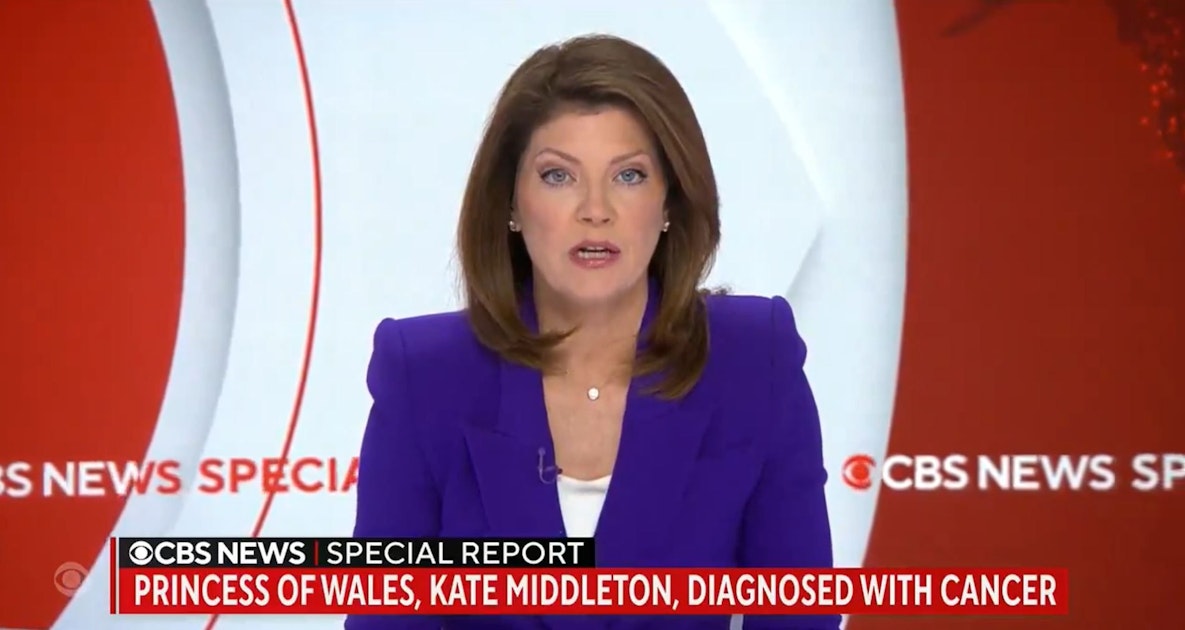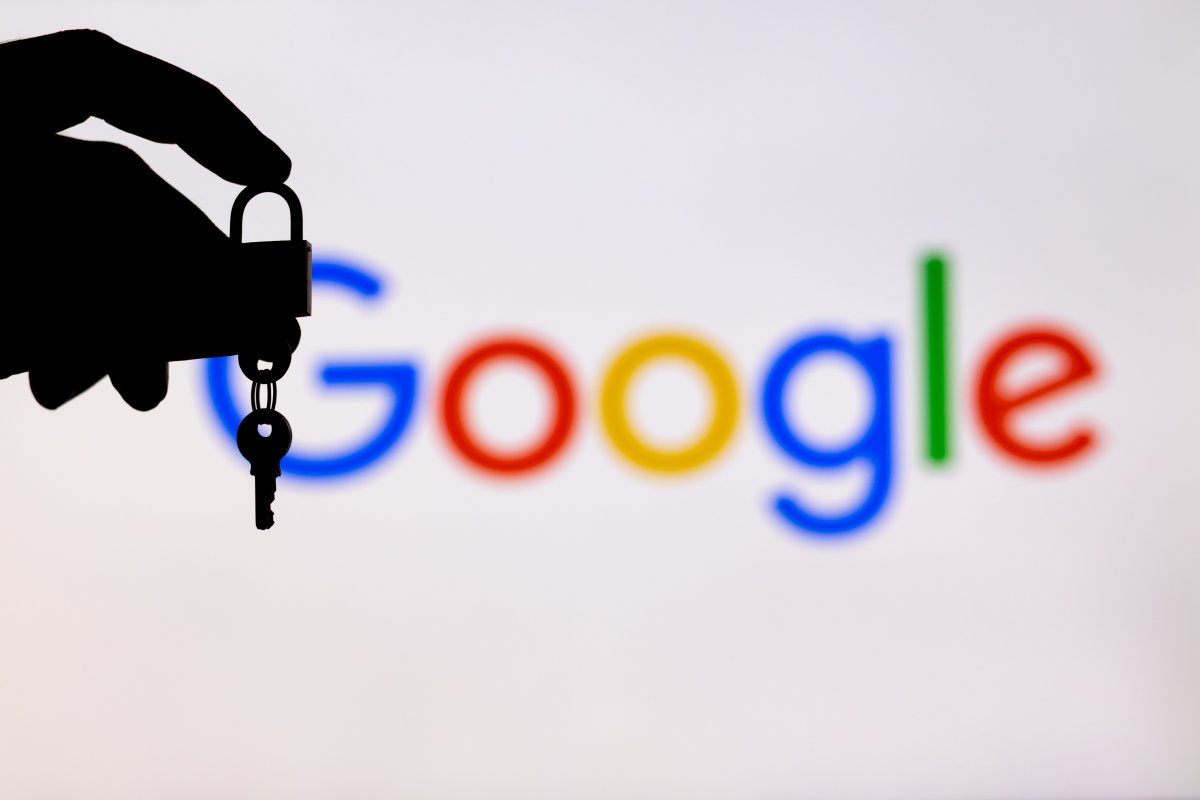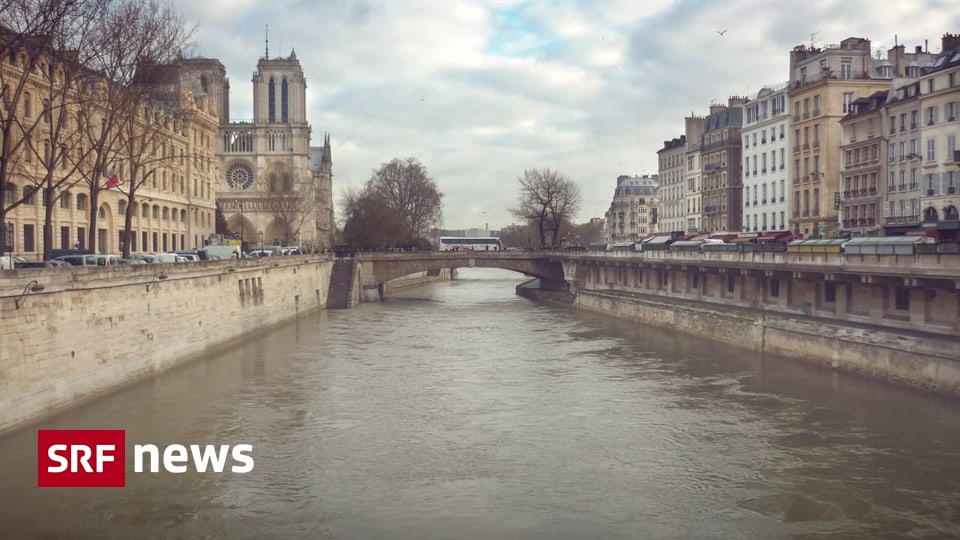WThe Venezuelan government and opposition have sat at the negotiating table in recent years, suspending or breaking off talks after a few rounds. But now the two sides have surprisingly come up with a deal. At a meeting in Barbados on Tuesday, government and opposition representatives agreed on electoral guarantees for next year’s presidential election. Elections are due to take place in the second half of 2024 and will be monitored by international observers, including the European Union and the United Nations. Meeting on Tuesday after eleven months of snow. Negotiations are scheduled to continue at a date yet to be determined.
Various government sources in both countries told Reuters that Washington was willing to ease further oil embargoes against Venezuela in exchange for electoral guarantees. Oil revenue is central to Venezuela’s economy. There have long been signals in this direction from Joe Biden’s administration. However, the easing of sanctions could be reversed if Caracas violates the deal, the sources said.
The agreement in Barbados followed talks between representatives of President Nicolás Maduro’s Venezuelan government and diplomats from Washington. They have met several times in Qatar since last year to seek relief from the political and economic crisis in Venezuela, which has already caused millions of people to flee — many to the United States. If Maduro renegotiates with the opposition, both sides have reportedly agreed to allow at least one foreign oil company to produce Venezuelan crude to pay off the debt. After Russia’s attack on Ukraine, the U.S. has once again become more interested in Venezuelan crude, of which it was the most important buyer until the sanctions.
Main opposition politicians are not allowed to contest
However, not all hurdles have been cleared for next year’s elections. Venezuela’s government and opposition have agreed that each side can choose its own candidates according to its own rules. However, the pro-government Comptroller General has barred several prominent opposition politicians from holding public office. Gerardo Blyde, head of the opposition’s negotiating team, called for the affected politicians to be given back “their rights”. But the government refused. If there is an administrative exemption, they will not be allowed to compete, said Jorge Rodriguez, head of the government delegation.
The opposition faces a dilemma ahead of next Sunday’s internal primaries, in which the opposition wants to accept a common candidate for the first time. According to surveys, one of these “excluded persons,” Maria Corina Machado, is the clear favorite. While others, such as two-time presidential candidate Henrique Capriles, have withdrawn their internal candidacy, Machado, 56, is sticking with it. He said there was no backup plan if he won the primary, though he would be barred from filing his candidacy with the Elections Council. The issue could become a further source of rift in the highly fragmented and often contentious opposition. The opposition has yet to explain what will happen if Machado wins the primaries but fails to run for president.
Maduro, who has been in office since 2013, will likely run for re-election as a government. He was re-elected in 2018, which was denounced by the opposition and many states in the US and Europe as a sham election due to the de facto exclusion of the opposition, leading to US sanctions. They are directed primarily against Venezuela’s oil sector and state oil company PDVSA, which is subject to export embargoes, as well as high-ranking government and military officials.
The opposition formed a “coalition government” led by then-parliament speaker Juan Guaidó, who was initially recognized by several countries as interim president. However, Guaidó has never had de facto power in Venezuela. His image was fading fast. As negotiations with the US government have shown, the international community has now turned to the Maduro government. And the opposition parties are back in talks. Guaidó has been living in the United States with his family since April. He is not running in Sunday’s primary.

“Communicator. Entrepreneur. Introvert. Passionate problem solver. Organizer. Social media ninja.”







More Stories
Happy ending in Canada: Baby orca frees itself from pool after weeks
Great Britain: King Charles wants to attend public meetings again
New video from Montecito Villa: Prince Harry honors US soldier